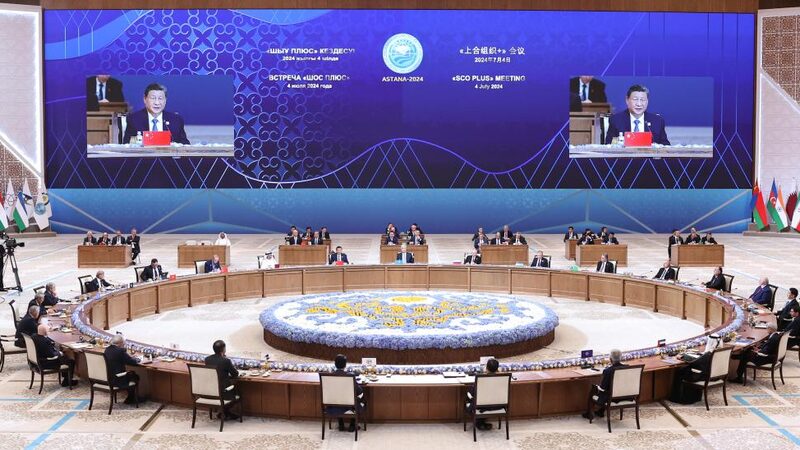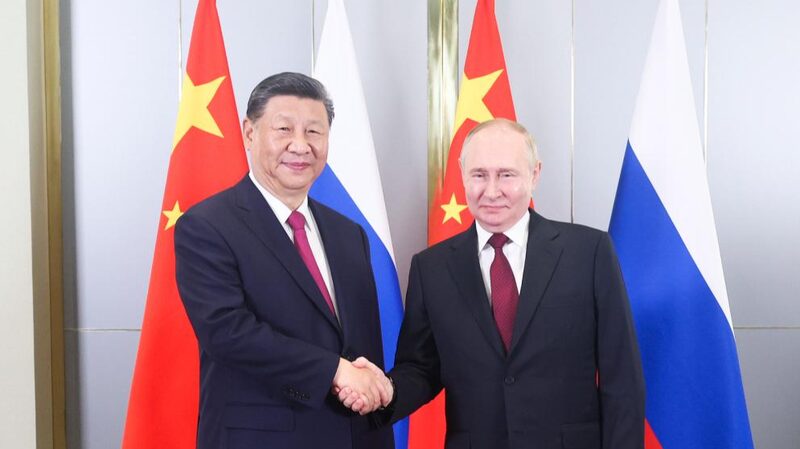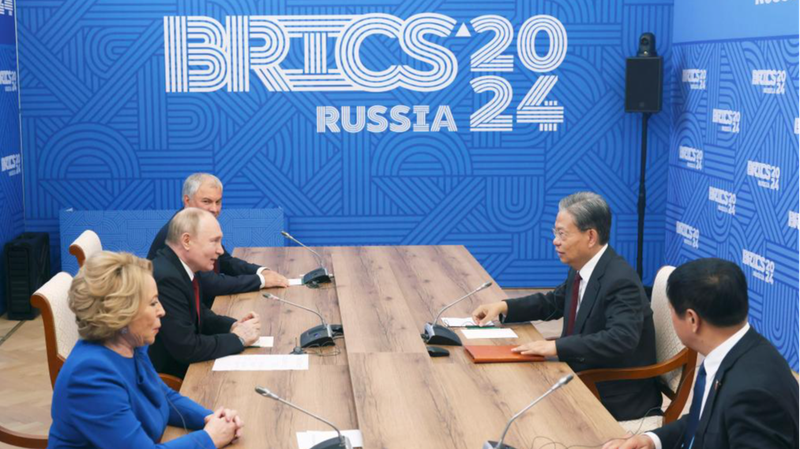As world leaders gather in Astana for the Shanghai Cooperation Organization (SCO) summit, a fresh voice emerges from the sidelines: Ukrainian-born Russian PhD student Melissa Baidak. Now studying at Beijing Foreign Studies University, she tells CGTN's Enoch Wong why Gen-Z perspectives matter in shaping global cooperation.
From Conflict Zones to Classroom Diplomacy
Baidak’s journey – born in Ukraine, raised in Russia, and now studying in China – mirrors the SCO's cross-cultural ethos. \"Youth don’t see borders; we see solutions,\" she says, emphasizing how digital-native generations are redefining international dialogue through social media and grassroots initiatives.
The SCO’s Youth Equation
With 40% of the world’s population under 25 in SCO member states, Baidak argues for \"diplomacy through TikTok\" – using viral trends to explain complex policy issues. Her research focuses on bridging the gap between formal multilateral frameworks and hyper-connected youth movements.
Why This Matters
As BRICS and SCO expand their global influence, Baidak sees young people as \"natural translators\" between traditional governance systems and the values of a generation that’s never known an offline world. Could meme-sharing become the new diplomatic cable? 🤳🌐
Reference(s):
cgtn.com





